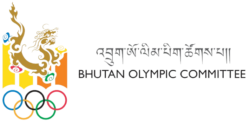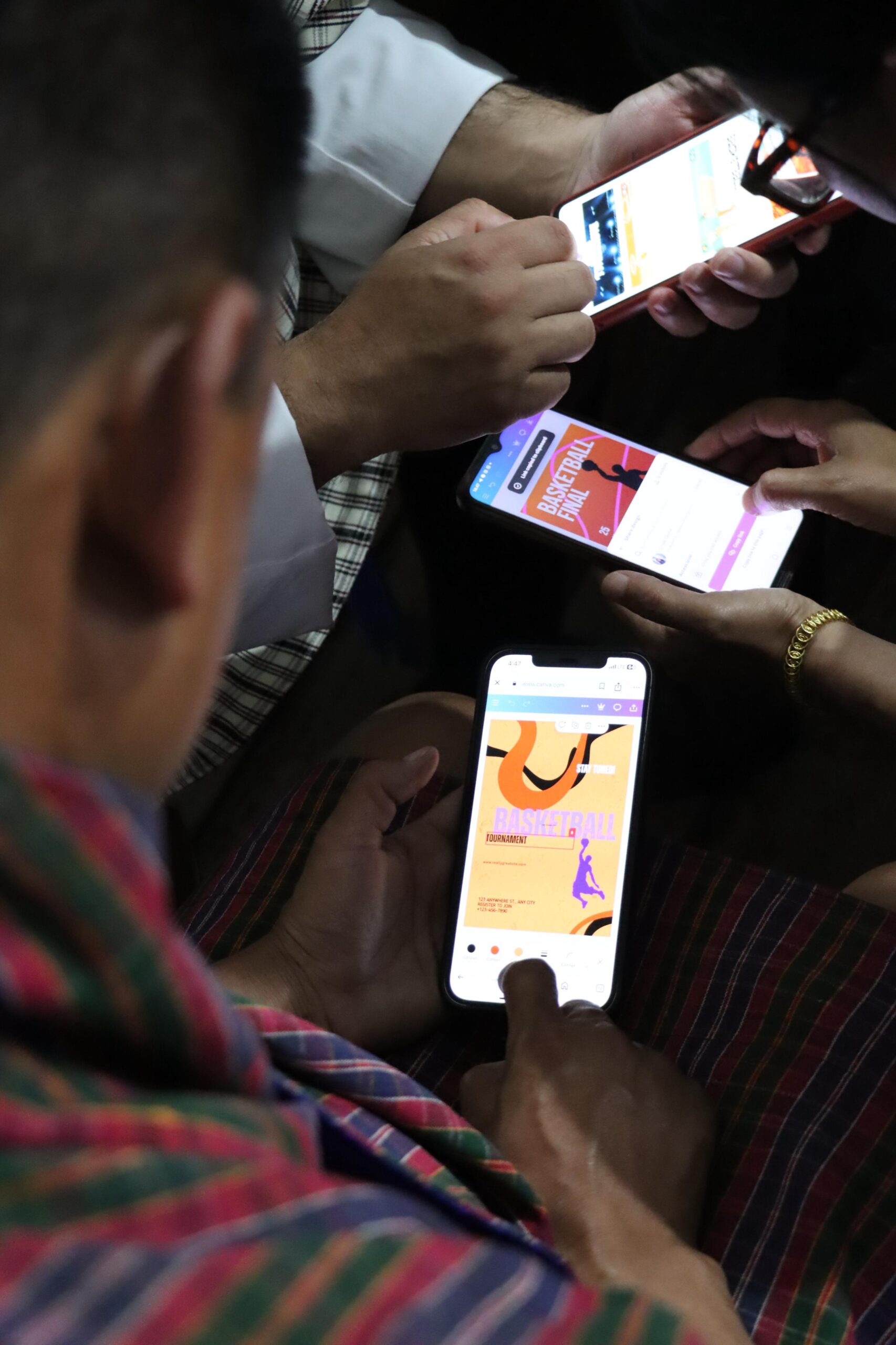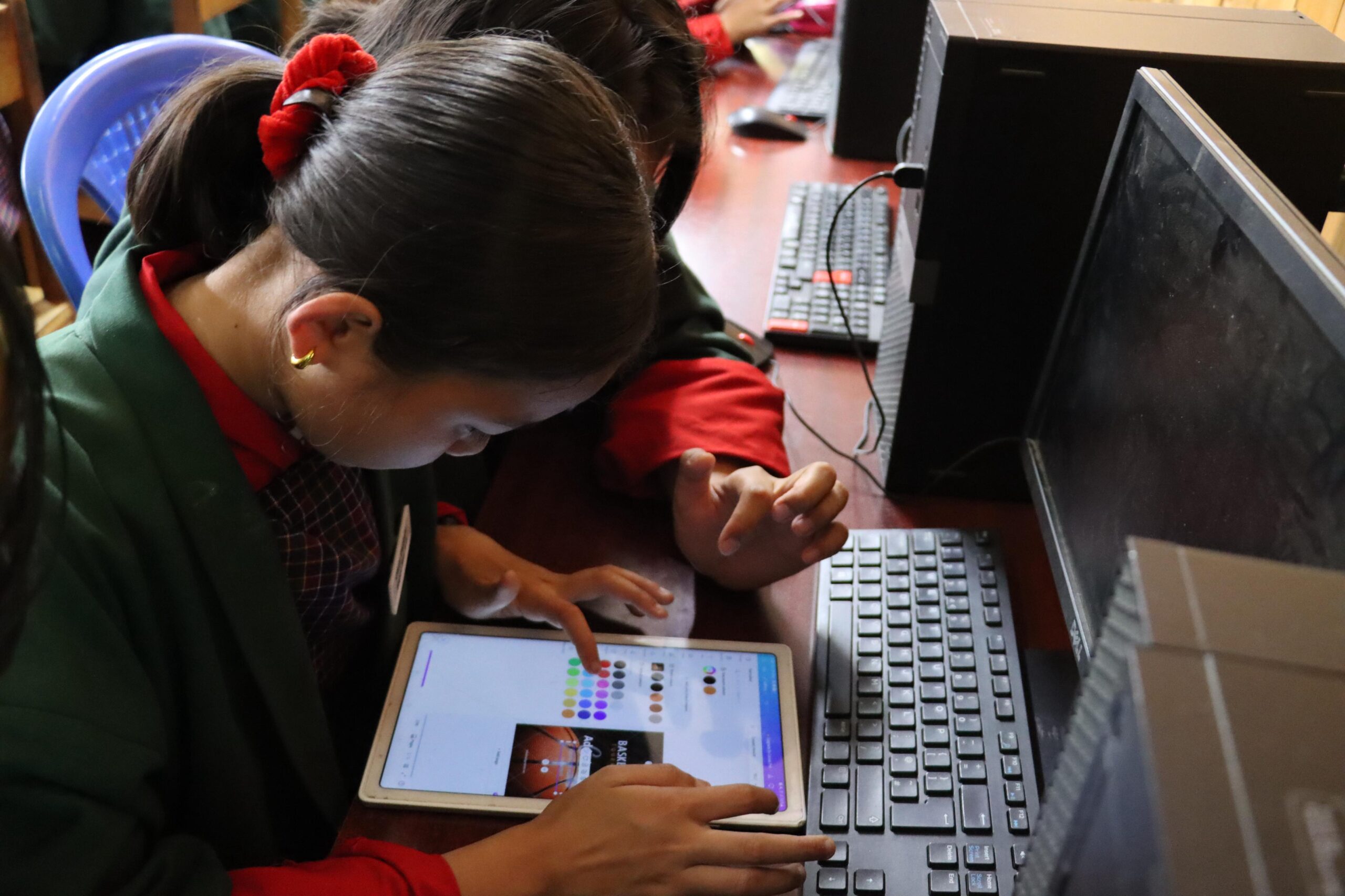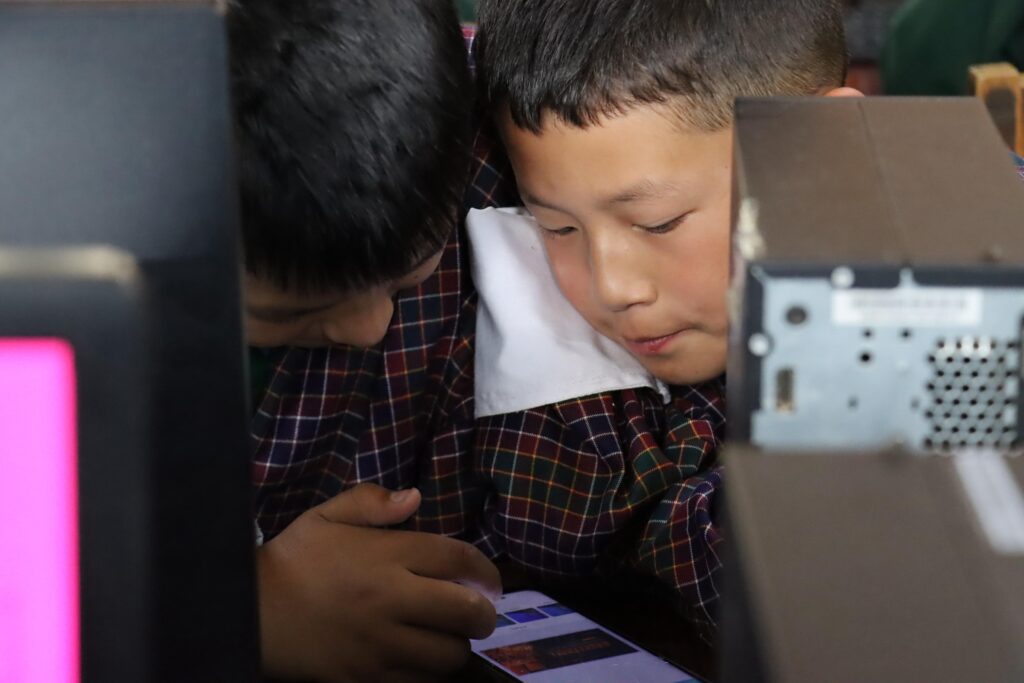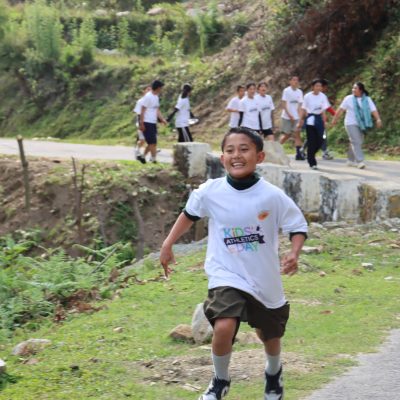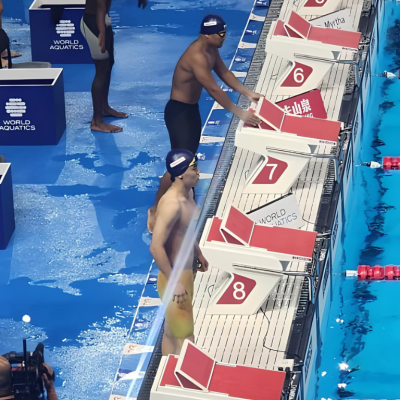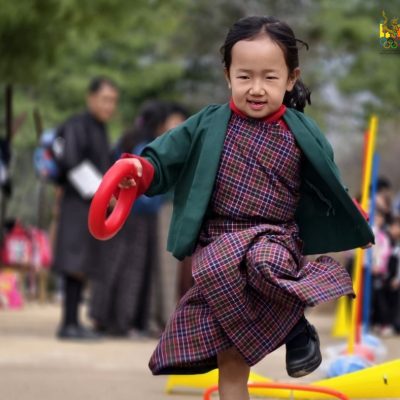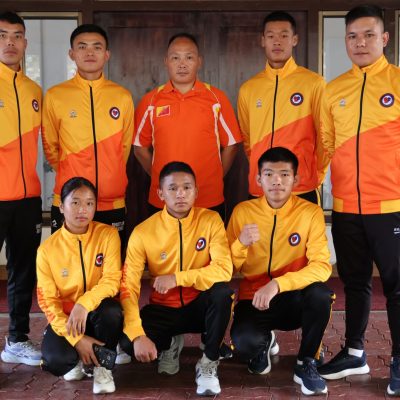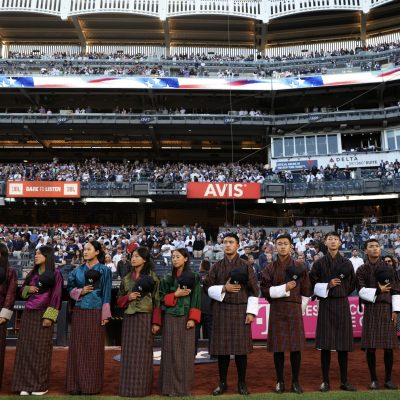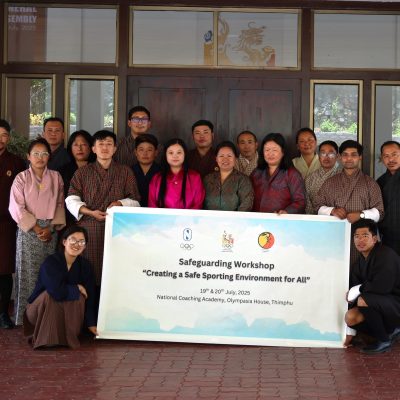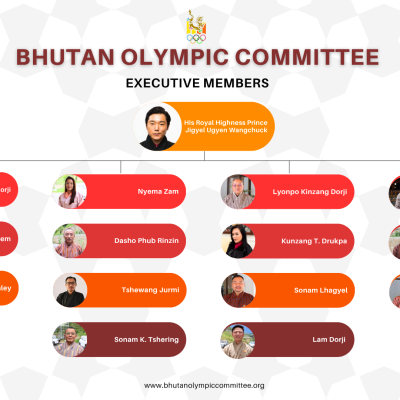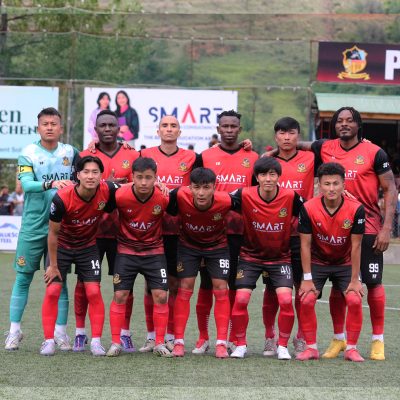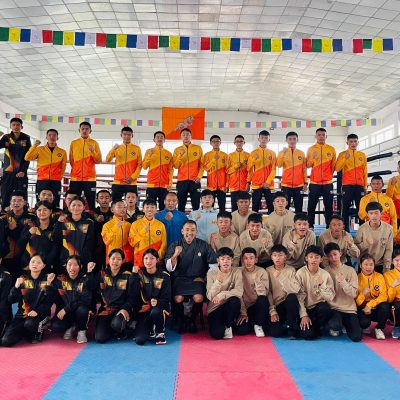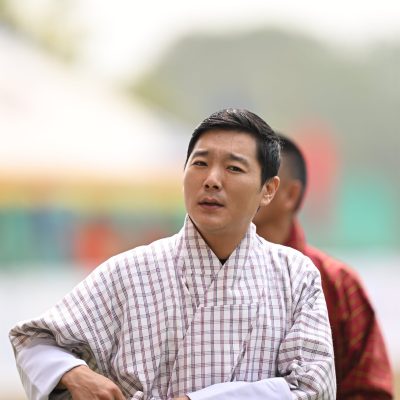How a Small Country Is Rethinking Sports, Storytelling, and Self-Belief
The Students Behind the Lens
In the mountain kingdom of Bhutan, where Himalayan peaks meet ancient monasteries, a quiet revolution is unfolding—not in politics or economics, but in schoolyards and classrooms.
Here, a group of students—some shy, some unheard, many unseen—are stepping forward. Not to play the game, but to tell its story.
And in doing so, they are finding their own.
In May 2025, Bhutan’s Olympic Committee, together with the Ministry of Education and support from Olympic Solidarity, launched a unique pilot programme: School Sports Media Training.
It wasn’t designed for athletes. It was for everyone else—the ones who didn’t make the team, the ones who preferred a pen to a ball, a lens to a jersey. The quiet thinkers, the digital explorers, the hidden talents.
Over six days and three schools—Chundu Armed Forces Public School in Haa, Wochu Lower Secondary, and Khangkhu Middle Secondary School—hundreds of students and teachers turned up. Not because they were told to, but because they wanted to.
With smartphones and free apps like Canva and CapCut, students learned how to design sports posters, edit match highlights, and even livestream games using tools like OBS Studio and StreamYard.
They weren’t just observers. They were directors. Producers. Journalists. Social media managers.
“I used to be shy to even raise my hand in class. Now I ask players questions in front of everyone,” says Kinley, a 14-year-old from Chundu Armed Forces Public School in Haa.
They filmed football matches. Captured slam dunks. Interviewed goal scorers. Designed graphics. Ran simulated press conferences. In these moments, they weren’t just reporting school sports—they were changing what school sports meant.
For the first time, students who never qualified to play finally felt part of something.
Globally, education systems are grappling with a pressing question: how do we prepare students for a world that’s changing faster than any textbook can keep up?
Bhutan, often romanticised for its Gross National Happiness philosophy, may now also have a practical answer: give students purpose, tools, and trust—and they will surprise you.
What’s striking about this programme isn’t just the digital skills it teaches. It’s the self-belief it ignites.
Teachers reported something astonishing: students stayed back after school, unprompted, to finish video edits. Students who once skipped assemblies were now hosting interviews on camera.
“They aren’t afraid anymore,” says by one of the teacher at Khangkhu. “They’re not just learning—they’re leading.”
This story may be small in scale—just three schools, a few hundred students—but its implications are global.
In an age of screen addiction and social disconnection, Bhutan has found a way to use media not to isolate, but to include. To turn school sports from a competition into a community.
And in doing so, it has offered a blueprint for every school, everywhere.
The students trained this May will soon take the lead in covering Bhutan’s Season 2 Sports in School Finals, not just as learners, but as professionals in the making. In future seasons, they’ll plan, produce, and publish coverage that may one day rival national broadcasts—all from a classroom.
What began as a modest training has become a movement.
Today, the football pitch isn’t the only place dreams are born. They’re being edited on laptops, streamed live on mobile phones, shared across platforms. And in every clip, behind every photo, there’s a student who now believes: “I matter.”
Not every student is a striker. Not every child is a sprinter. But with the right lens—literal and figurative—every one of them can be a storyteller.
And that might just be the most powerful win of all.
Latest Updates and Insights
Discover our newest blogs, news, and announcements—curated just for you. Stay informed and inspired!
THE WORLDWIDE OLYMPIC PARTNERS

